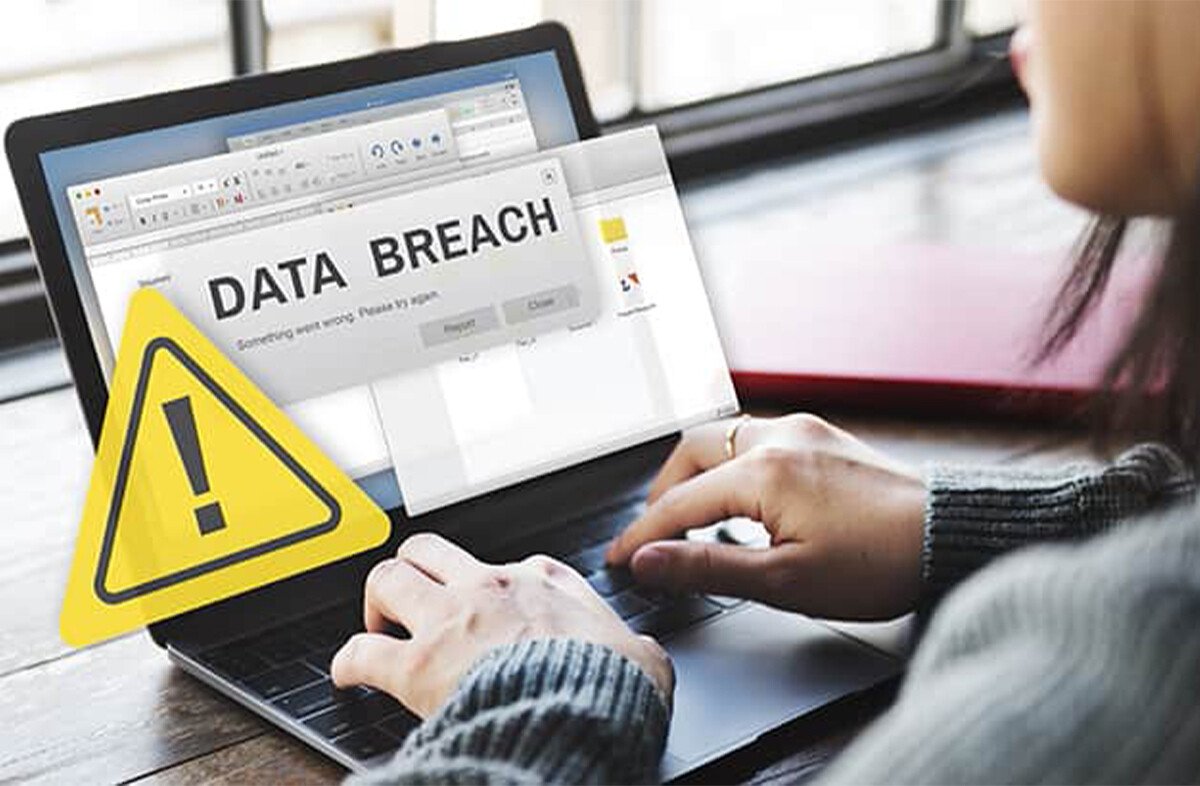Exclusive Offers on Antivirus Solutions – ClickNCart LLC
Need Help? Call Us: +1 (855)-741-8370
Hassle-Free Online Shopping
Easy browsing and purchasing process.
Trusted & Verified Antivirus Solutions
Strong protection against online threats.
Exclusive Deals & Offers
Special discounts and loyalty rewards.
Expert Customer Support
Assistance for all cybersecurity needs.
ClickNCart LLC acknowledges that all trademarks, logos, and brand names referenced within its communications belong exclusively to their respective owners. The company does not claim ownership, rights, or any affiliation with these identifiers. Any mention of third-party brands, logos, or trademarks is intended solely for informative purposes, reinforcing transparency and accuracy. These references should never be construed as endorsements, partnerships, or recommendations on behalf of ClickNCart LLC. Our content includes such elements strictly to provide context. As an independent entity, ClickNCart LLC remains committed to marketing and promoting its services while fully respecting the rights, integrity, and identity of all third-party organizations.
Copyright 2025 © ClickNCart LLC. All rights reserved.



